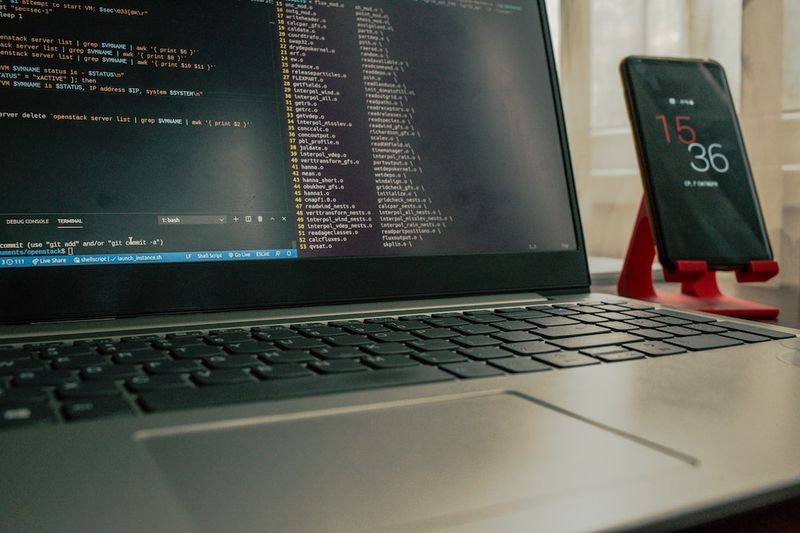US DoJ Charges Russian National for Multi-Million Dollar Ransomware Attacks
The US Department of Justice (DoJ) has charged Russian national Mikhail Pavlovich Matveev for carrying out ransomware attacks on critical organizations, including law enforcement agencies, healthcare operations, and more. According to the DoJ, Matveev demanded as much as $400 million in ransom payments from his victims over his years as a ransomware operator, and he is alleged to have actually collected as much as $200 million in extortion money. The cybercriminal used three ransomware variants – LockBit, Hive, and Babuk – to carry out his attacks from his home base in Russia.
Behind the Scenes of Matveev’s Cyber Attacks
Matveev has been accused of being behind several high-profile ransomware attacks aimed at critical infrastructure around the world. In June 2020, he was accused of conspiring to deploy LockBit against a New Jersey law enforcement agency. LockBit is a type of ransomware that encrypts victim’s files and demands payment in cryptocurrencies to decrypt them. In addition, Matveev used Hive against a non-profit healthcare organization in New Jersey in May 2022. Hive is a relatively new ransomware strain that has gained popularity in recent years. Finally, Matveev used Babuk ransomware to shake down the Washington DC Metropolitan Police Department.
The Implications of Matveev’s Actions
The international impact of Matveev’s criminal activities cannot be overstated. By infecting the computer systems of critical infrastructure such as healthcare and law enforcement agencies, Matveev has put lives, sensitive data, and public trust at risk. The sheer amount of ransom paid by the victims also highlights the risk that ransomware attacks pose. If left unchecked, ransomware attacks could bring down entire sectors of the economy, causing lasting damage that could take years to repair.
The Way Forward: Recommendations for Better Cybersecurity
The case of Matveev highlights the need for an urgent and coordinated global response to cybercrimes. The global nature of cybercrime means that no country can handle the challenge alone. International collaboration between countries, law enforcement agencies, and private companies is vital to identify, track, and bring to justice cybercriminals, especially those operating from safe havens. Ransomware operators, like Matveev, require sophisticated software and support networks to carry out their attacks. It is essential to find the people behind these technologies and cut off key resources and tools for those involved in such criminal activities.
The Final Verdict
Overall, the case of Mikahail Pavlovich Matveev has highlighted the severity of ransomware attacks on critical infrastructure. The DoJ’s charges against the alleged ransomware operator are a step in the right direction to ensure that such criminal actors are held accountable for their actions. International cooperation and coordinated efforts to combat cybercrime will be the key to protect individuals organizations around the globe.

<< photo by cottonbro studio >>
You might want to read !
- Russian National Indicted for Ransomware Attack on D.C. Police: A Look at the Growing Cybersecurity Threat from Russian Hackers
- Justice and Commerce Department to launch ‘strike force’ against quantum and autonomous technology theft
- US-Europe Law Enforcement Coordination Yields 300 Arrests in Dark Web Drug Crackdown
- Rise of Malicious Chatbots in Southeast Asia’s Casinos
- Cybercriminals Increase the Use of Social Engineering Techniques and Malware, According to Netskope Study
- “Staying Ahead of the Game: Strategies for Maintaining a Competitive Edge in Cybersecurity”
- “Unveiling the Threat: Pro-Houthi Hackers Espionage Tactics in Arabian Peninsula”
- Exploring the Ramifications of the Leaked Babuk Code for VMware ESXi Ransomware: A Current Affairs Commentary
- Ransomware Report: A Comprehensive Ranking of Gangs, Malware, and Risks




